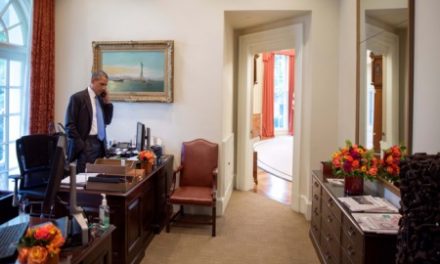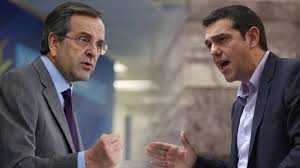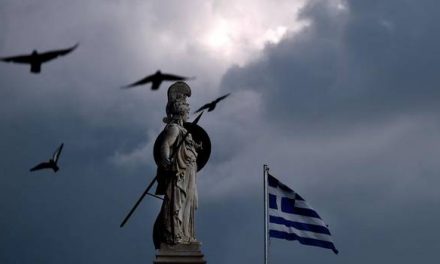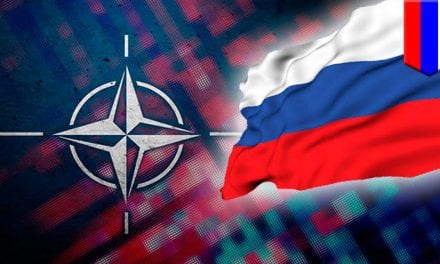Opening of embassy comes on the day of Palestinian memorial events marking the ‘Nakba,’ or the catastrophe of their displacement at Israel’s creation in 1948
By Bloomberg
One of President Donald Trump’s most contentious foreign policy projects, the inauguration of a US embassy in Jerusalem, is set to be carried out Monday even as peace in the Middle East seems more elusive than ever.
Trump, who vowed to move the embassy from Tel Aviv during his campaign, will address invitees to the designation ceremony via video conference, according to two US officials.
Trump’s daughter and son-in-law, Ivanka Trump and Jared Kushner, Treasury Secretary Steven Mnuchin, and deputy Secretary of State John Sullivan will be among the US delegation.
“It is time to officially recognise Jerusalem as the capital of Israel,” Trump declared on Dec. 6, saying that he hoped the move could spur renewed peace negotiations.
The decision angered much of the Middle East, including US allies, and Palestinian Authority President Mahmoud Abbas responded by breaking off all contact with the Trump administration.
“It ended the role of the United States as an honest broker,” Nabil Shaath, a senior adviser to Abbas and former chief negotiator with Israel, told reporters last week as he stood on a hillside between the diplomatic compound and the east Jerusalem Palestinian village of Sur Baher.
The opening comes amid heightened tensions across the region. Israeli forces have stepped up attacks on Iranian targets in neighbouring Syria over the past week, after saying Tehran-backed troops targeted Israel with a missile barrage.
Iranian officials rejected that accusation and are fuming about Trump’s decision to withdraw from the 2015 nuclear deal with Iran and five other world powers.
The US-Israeli festivities to open the compound Monday precede Palestinian memorial events marking the “Nakba,” or the catastrophe of their displacement at Israel’s creation in 1948.
In the Gaza Strip, tens of thousands of Palestinians are expected to march to the fence separating them from Israel, concluding seven weeks of confrontations with Israeli forces.
On Sunday, Israel’s Foreign Ministry hosted some 1,200 people, including Israeli politicians, members of the US Congress and Jewish and evangelical Christian leaders, at a reception to celebrate Monday’s move.
“I call on all countries to join the US and move your embassies to Jerusalem,” Israeli Prime Minister Benjamin Netanyahu told the crowd.
Israel Police is beefing up its presence around the city, with 1,000 officers tasked with providing security for the embassy opening, spokesman Micky Rosenfeld said. Forces include anti-terrorism units, undercover officers and paramilitary border police, with special attention being paid to Arab neighbourhoods near the new embassy site, he said.
The US expects about 800 people to attend Monday’s opening ceremony, Ambassador David Friedman said on a call with reporters Friday. Like other US officials, Friedman insisted the move will help the peace process.
“In the long run, we’re convinced that this decision creates an opportunity and a platform to proceed with a peace process on the basis of realities rather than fantasies, and we’re fairly optimistic that this decision will ultimately create greater stability rather than less,” Friedman said. “We remain optimistic that we will make significant progress.”
That wasn’t the view of Shaath, a Palestinian elder statesman, as he gazed up at a rock-strewn slope where gardeners planted hundreds of red, white and blue pansies. Palestinians, backed by much of the international community, say the US move pre-empts decades of peace talks, which left a decision on the final status of Jerusalem for negotiations between the two sides.
Jerusalem is considered holy to three of the world’s major religions, and Palestinians have long sought to have East Jerusalem serve as the capital of an independent Palestinian state. The US has said the decision to relocate the embassy doesn’t prejudge the final outcome of the city’s status.
Broken promises
Before Trump, US presidential candidates for decades had vowed they’d move the embassy, but none did out of concern it would disrupt prospects for peace. Moving the embassy is a requirement of a 1990s US law that was regularly waived by Trump’s predecessors going back to Bill Clinton.
The Trump administration bypassed years of costly construction on a new embassy by repurposing an existing consular building. Since the compound isn’t large enough to host all the staff currently based in Tel Aviv, Friedman and other officials will commute back and forth.
While Netanyahu enthusiastically greeted the embassy decision, some Jerusalem residents have gone to court trying to stop it.
“There are beautiful views here that will be blocked by the big wall they’re planning to build,” said Naomi Schachter, who’s sought to block the project with other neighbours.
“On the other hand, some say this is going to be great for real estate values because it’s going to be such a secure area and people who work in the embassy are going to be looking for places to live.”


















